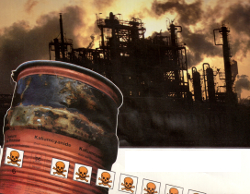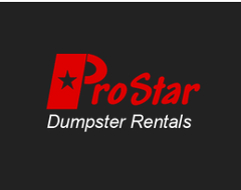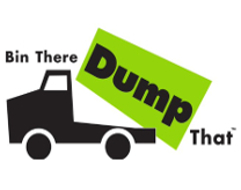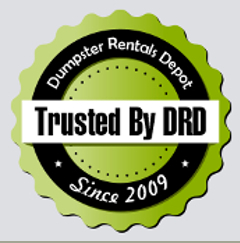Dealing With Industrial Waste

We live in a throwaway society. Every year the waste increases, both in bulk and in complexity. The world chemical industry has increased its production, and its waste, by at least 15 times since 1945. A lot of the waste produced is simply unsightly but some can be toxic. Toxic waste is poisonous. It pollutes rivers and Lakes, is dumped in the sea and can cause severe health problems.
But not all the problems are created by industry. Domestic rubbish on a dump can also be toxic especially when it contains items like old batteries or paint thinner.
Rain water washes through the dump dissolving any toxic chemicals thrown out as domestic rubbish. The chemicals ooze from the bottom of the dump as a thick, poisonous sludge.
We talk of the “disposal" of waste, but this is really the wrong word. Waste can only be shifted from one place to another or converted into a different form. Waste that is buried may be invisible, but it has not been disposed of. It may still cause problems if houses are built on it or if it should contaminate water supplies. Waste that is burned is turned into gas and smoke that can pollute the air. Much as we would like it, waste cannot be made to vanish. It has to be controlled, monitored, managed - or recycled.
Who should control the waste and who should pay for any accidents or clean up the pollution caused? These are the issues discussed in this series of blog postings.
Most industrial processes generate wastes. In the United States, almost half the hazardous wastes come from the chemical industry, a fifth from the extraction and purification of metals, an eighth from petroleum and coal products. Most of the waste is dumped in Landfill sites -holes in the ground -or in pits, ponds, or lagoons. Sixty five per cent of hazardous US wastes, and 85 per cent of the equivalent British wastes, are disposed of in this way. Many old landfill sites are a cocktail of dangerous chemicals, mixed together haphazardly with no official records kept. Cleaning them up would cost billions of dollars. In the United States this clean up is often financed by the tax payers' money.
The manufacturing and chemical industries generate almost 100 million tons of waste a year in Britain alone. About 5 million tons is classified as "special waste" posing a threat to human life and health. However, many people consider the category "special waste" to be inadequate: some long-lasting and non-lethal health problems are not covered by the term and neither is environmental damage.
In many countries government schemes, such as those organized by the Environmental Protection Agency in the United States, encourage companies to dispose of waste safely. Aided by these schemes, the richer chemical industries now spend huge amounts of money on toxic waste control. Before the waste is dumped, it may be processed to make it less active and therefore less hazardous.
Some waste is recycled. The Minnesota Mining and Manufacturing Company, 3M, makes video tapes. As a byproduct they produce a toxic chemical-ammonium sulphate. They sell this to fertilizer makers who convert it to plant food.
A petroleum refinery in California, run by Chevron, has found one solution to the toxic waste they produce from oil. They plow it into the soil. There the wastes are attacked by bacteria that live in the soil. The oily waste is converted into non-toxic carbon dioxide and water. Waste-eating bacteria are becoming more widely used. In Britain, waste eating bacteria are being developed to clean up land which may have become contaminated due to an industrial accident or toxic waste dumping. The bacteria feed on the toxic chemicals.
Taking a moment I would like to say thank you to environmentally concerned waste management companies for all the help in preparing and publishing these environment protection series of posts: Dumpster Rentals in Seattle , Dumpster Rentals in Sacramento , Dumpster Rentals in Phoenix and Roll Off Containers Phoenix .
- Published: 2012-09-23T17:46:01-07:00
- Author: Laura Schmidt




